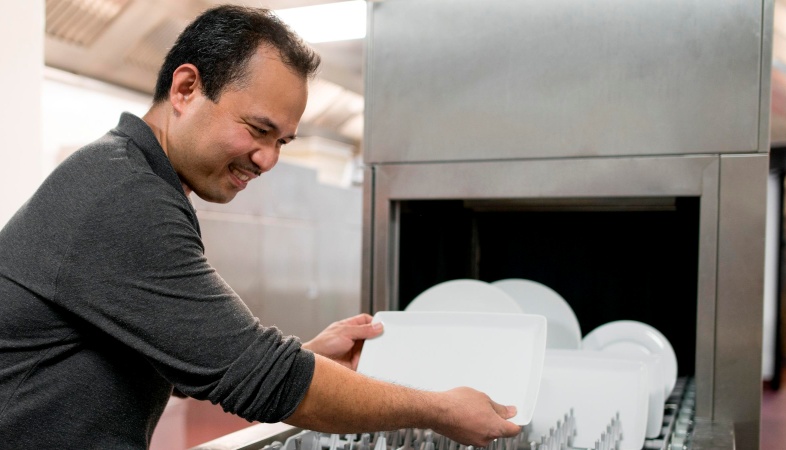Sustainability in Bakery Practices: Reducing the Carbon Footprint
Sustainability in bakery practices is crucial for reducing the carbon footprint of the food industry and protecting the environment.

In recent years, there has been a growing awareness of the
environmental impact of various industries, including the food sector.
Bakeries, in particular, have come under scrutiny for their contribution to
carbon emissions and waste generation. However, many bakeries are now taking
steps to reduce their carbon footprint and embrace more sustainable practices.
By implementing initiatives such as sourcing local ingredients, minimizing food
waste, and reducing energy consumption, bakeries can play a significant role in
mitigating climate change and preserving the planet for future generations.
One of the most effective ways for bakeries to reduce their carbon footprint is by sourcing ingredients locally and seasonally. Locally sourced ingredients require less transportation, resulting in lower emissions and a smaller environmental footprint. By partnering with local farmers and suppliers, bakeries can also support the local economy and promote sustainable agriculture practices. Additionally, using seasonal ingredients allows bakeries to take advantage of the freshest produce available, resulting in higher quality products and better flavor.
Another key aspect of sustainability in bakery practices is minimizing food waste. Food waste is a significant contributor to greenhouse gas emissions, as it generates methane when it decomposes in landfills. Bakeries can reduce food waste by accurately forecasting demand, adjusting production levels accordingly, and donating surplus food to food banks or shelters. Additionally, bakeries can repurpose leftover ingredients or stale bread into new products, such as bread crumbs or croutons, to minimize waste and maximize efficiency.
In addition to minimizing food waste, bakeries can also reduce their carbon footprint by implementing energy-efficient practices. This can include investing in energy-efficient appliances, such as ovens and refrigerators, and optimizing production processes to minimize energy consumption. Bakeries can also explore renewable energy sources, such as solar or wind power, to further reduce their reliance on fossil fuels and decrease their environmental impact.
Furthermore, packaging plays a significant role in the sustainability of bakery practices. Traditional packaging materials, such as plastic bags and Styrofoam containers, contribute to pollution and waste generation. Bakeries can reduce their environmental impact by using eco-friendly packaging materials, such as compostable or biodegradable containers made from recycled materials. Additionally, offering customers the option to bring their own reusable containers or bags can further reduce waste and promote sustainability.
In addition to these initiatives, bakeries can also engage with their local community to raise awareness about sustainability issues and promote environmentally friendly practices. This can include hosting workshops or events on topics such as composting, recycling, and reducing food waste, as well as participating in community clean-up efforts or environmental advocacy campaigns. By actively engaging with their community, bakeries can inspire positive change and encourage others to adopt more sustainable habits.
Sustainability in bakery practices is crucial for reducing the carbon footprint of the food industry and protecting the environment. By sourcing local ingredients, minimizing food waste, reducing energy consumption, and using eco-friendly packaging, bakeries can significantly reduce their environmental impact and promote a more sustainable future. Additionally, by engaging with their local community and raising awareness about sustainability issues, bakeries can inspire others to take action and join the fight against climate change. Together, we can create a more sustainable food system that preserves the planet for generations to come.
.png)




.jpg)























